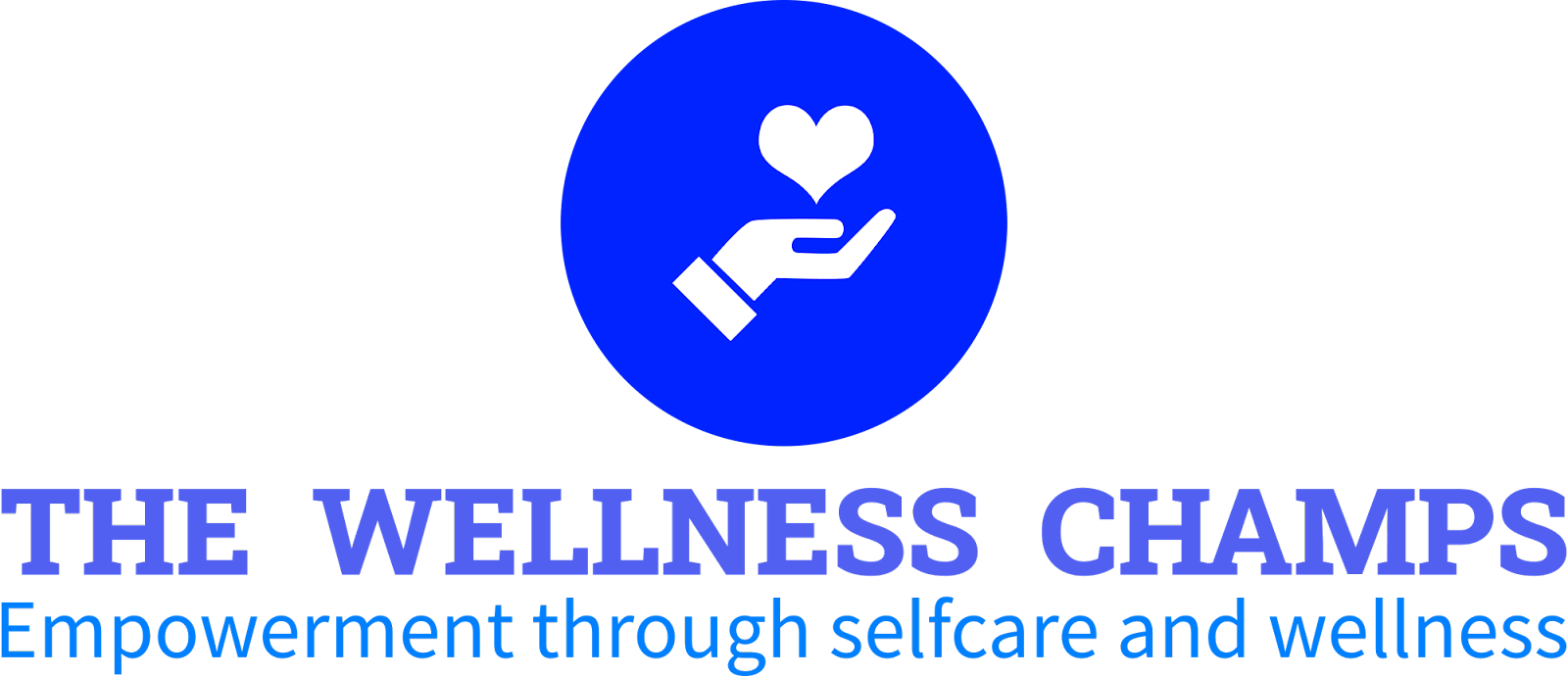Heart Care:
Heart disease is a serious health concern that affects millions of people in the United States. This condition occurs when the blood vessels that supply the heart become blocked by fatty deposits, known as plaque. This can cause a reduction in blood flow to the heart, potentially leading to a heart attack. Some of the major known risk factors for heart disease include smoking, high blood pressure, and high cholesterol levels. However, other factors such as diabetes, obesity, and lack of physical activity have also been identified as potential contributors to heart disease.
To help prevent and treat this condition, researchers are currently studying genetic factors that may play a role in the development of heart disease. By understanding these factors, we hope to discover new ways to protect ourselves and improve our heart health.
Fortunately, there are steps that we can take to lower our risk of heart disease. One of the most effective ways to prevent heart disease is to maintain a healthy lifestyle. This includes eating a balanced diet that is low in saturated fat and cholesterol, getting regular exercise, and maintaining a healthy weight. Additionally, quitting smoking and reducing alcohol consumption can also have a positive impact on heart health.
Another important step that can help prevent heart disease is to manage any existing health conditions that may increase your risk. For example, if you have high blood pressure or high cholesterol, it is essential to work with your healthcare provider to manage these conditions through medication, lifestyle changes, or both.
Regular check-ups and screenings can also help detect early signs of heart disease and allow for early intervention. Your healthcare provider may recommend regular blood pressure and cholesterol screenings, as well as other tests such as an electrocardiogram (ECG) or stress test.
Overall, heart disease is a serious health concern that affects a large portion of the population. By understanding the factors that contribute to heart disease and taking steps to lower our risk, we can improve our heart health and reduce the risk of heart attacks and other serious complications.
Get Tested:
Early heart disease can often go unnoticed as it may not show any symptoms. Regular check-ups with a doctor are crucial to detect any signs of heart disease. Blood pressure and cholesterol levels can be early indicators of the condition. Other tests such as an electrocardiogram (EKG or ECG) and echocardiogram can also be used to detect heart disease by measuring electrical activity and structures of the heart and blood flow. While early heart disease may not cause any symptoms, advanced heart disease can result in chest pressure, shortness of breath, fatigue, lightheadedness and dizziness. If you're experiencing any of these symptoms, it's important to see a doctor.
It's important to note that heart disease is preventable and controllable through lifestyle changes such as maintaining a healthy diet, regular exercise, avoiding smoking and controlling blood pressure and cholesterol levels. Your doctor can also provide recommendations on how to lower your risk of heart disease and recommend appropriate medications if needed. Additionally, it's important to be aware of your family history of heart disease and to discuss this with your doctor.
It's also important to note that certain groups of people are at a higher risk of developing heart disease such as those with diabetes, high blood pressure, high cholesterol, and obesity. These individuals should be extra vigilant in monitoring their health and making lifestyle changes to lower their risk.
It's important to discuss your risk of heart disease with your doctor and to understand the steps you can take to keep your heart healthy. Some key actions to take include maintaining a healthy diet, engaging in regular physical activity, achieving and maintaining a healthy weight, and avoiding smoking and exposure to secondhand smoke.
A heart-healthy diet should include a balance of fruits, vegetables, whole grains and lean protein. If you have high blood pressure, you may want to consider following the DASH (Dietary Approaches to Stop Hypertension) diet which emphasizes on fruits, vegetables, whole-grain foods, and low-fat dairy products. Additionally, it's important to be mindful of foods that are high in salt as it can contribute to high blood pressure and increase the risk of heart disease.
In summary, heart disease is a serious condition that affects a large portion of the population. Regular check-ups with a doctor, lifestyle changes and awareness of risk factors can help detect and prevent the disease and make your heart healthy. If you're experiencing any symptoms of heart disease, it's crucial to see a doctor immediately.



